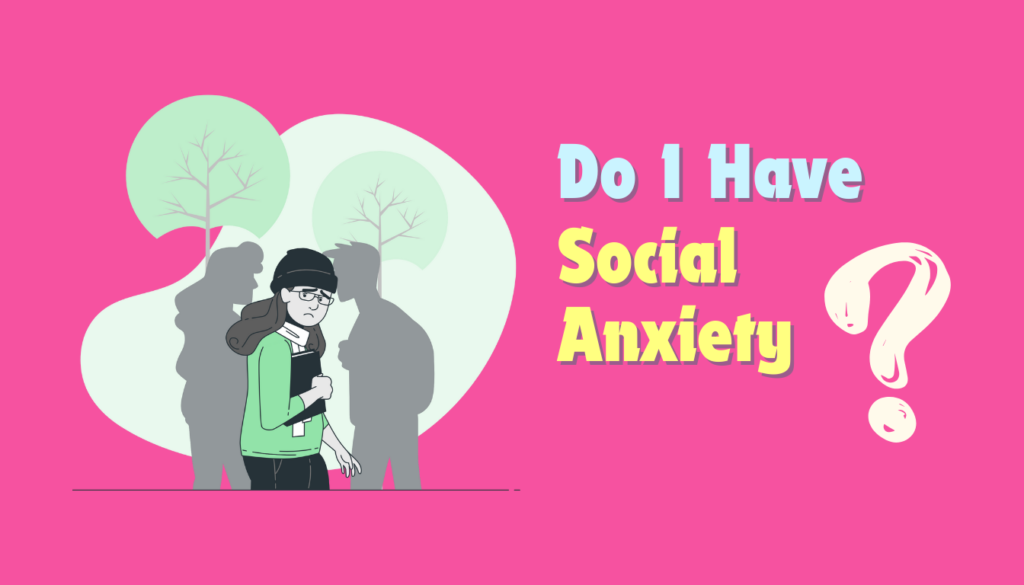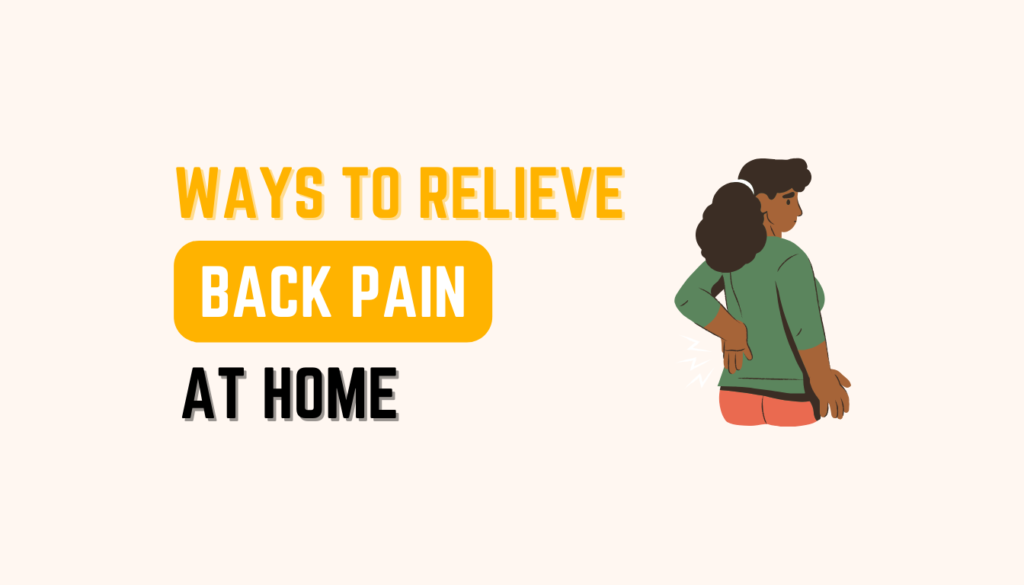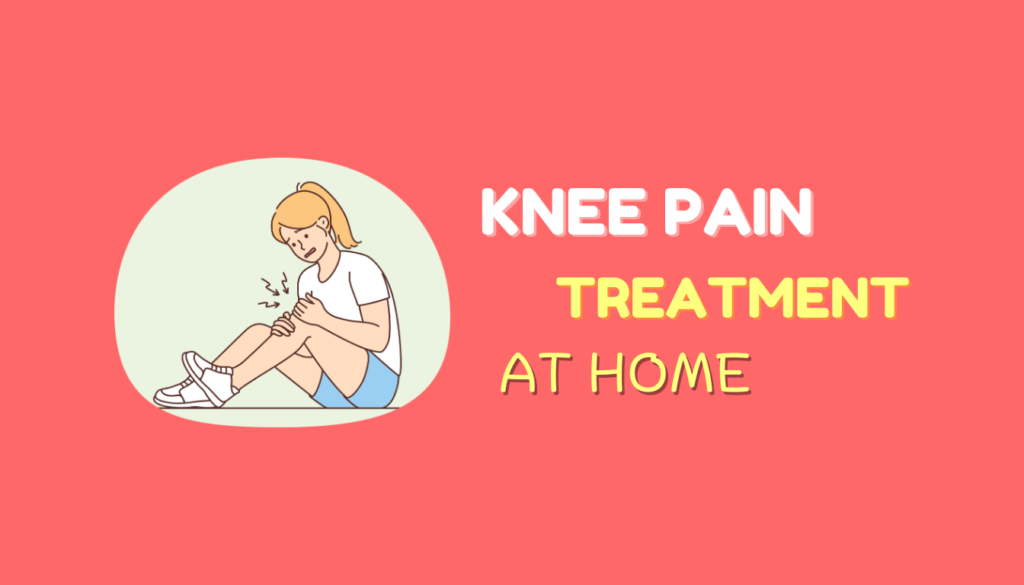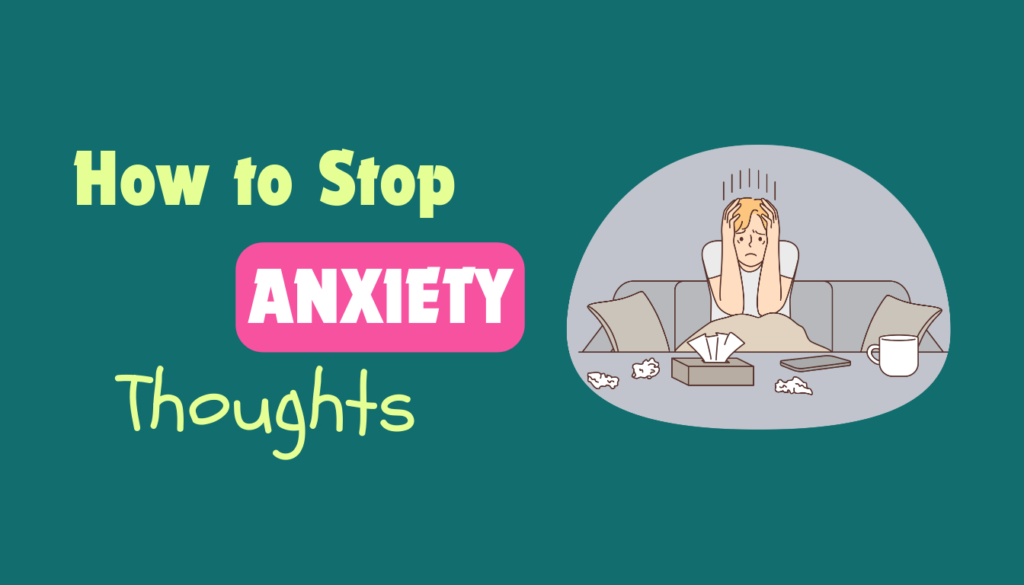Do you feel anxious or self-conscious in social group settings, even with friends?
You might ask, “Do I have social anxiety?”
It’s a common mental health issue affecting an estimated1 5% to 10% of the world’s population.2 This condition makes people dread being judged or embarrassed in daily social interactions.
Feeling nervous in new social situations like first dates or presentations is normal,3 but social anxiety disorder is more severe.
For those with this disorder, simple tasks like talking to a cashier can cause great anxiety. It triggers a desire to avoid social events and usually goes beyond just shyness.2
Learning about its signs, causes, and how to self-help is key to managing social anxiety.
What is Social Anxiety Disorder?
Social anxiety disorder, or social phobia, means feeling extremely afraid in social situations.
You might fear being judged or watched by others.3 This fear can make you worry about being judged, rejected, or humiliated.
It’s a common issue, affecting 5-10% of people globally. It’s the third top mental health concern after substance use disorder and depression.1
People often show signs of this disorder before they’re 20 years old.1 Some feel only a little anxious, while others feel it strongly.1
Feeling anxious before a social event is very common. For some, the anxiety is so strong that they avoid socializing. This can hurt their school, work, and friendships.1
Our genes can affect social anxiety. If other family members have had it, you might too.3
An overactive amygdala in the brain could make you more anxious in social settings.3 Growing up around social anxiety can also increase your risk.3
Bad experiences like teasing or bullying might lead to social anxiety. This is common in children.3
Kids who are naturally shy or quiet, especially in new places, might have a higher risk.3 Symptoms often start in the teenage years or with new social experiences.3
Physical features that stand out, like a noticeable birthmark or tremors, could also raise a person’s risk.3
If social anxiety isn’t treated, it can cause many problems. These include low self-esteem, drug use, and struggles with friends.
In severe cases, it might lead to trying to hurt oneself.3 It’s also linked to other anxiety types, depression, and addiction.3
Symptoms of Social Anxiety Disorder
When talking about social anxiety symptoms, both mind and body can show signs.
The Mayo Clinic says people with social anxiety disorder often fear they’ll be judged by others.3 This fear can make them avoid new social interactions or talking with strangers.3
Physical symptoms of social anxiety can include blushing, a fast heart, and shaking. They might also sweat, feel sick, find it hard to breathe, or have tight muscles.3
Facing activities or people that might cause embarrassment can also be avoided by these individuals.3
It’s key to know that signs of social anxiety disorder can shift and worsen with high stress or life changes.3
Recognizing social anxiety symptoms is the first step in dealing with this widespread mental health condition.2
Signs That You Have Social Anxiety
Feeling shy or uncomfortable sometimes doesn’t mean you have social anxiety disorder.
This disorder is when fear and anxiety stop you from engaging in life. It affects how you manage relationships, school, or work.3
Social anxiety often starts in the teenage years. But it can show up earlier or later in life too.3
People with social anxiety may avoid events with strangers, parties, or even going to work or school. They might struggle to talk to others, make eye contact, or date.
Even using public restrooms can be tough for them.3 Not getting help for social anxiety can hurt the way you live your life.
Causes and Risk Factors
The causes of social anxiety are complex and not completely known. Both biological and environmental aspects play a part.
One key element might be genes. People with family members who have social anxiety are more at risk.
An overactive amygdala, the part of the brain that handles fear, might also lead to more anxiety in social situations.3
Bad experiences in childhood can raise the chances of getting social anxiety disorder. This includes teasing, bullying, rejection, ridicule, or humiliation.
Kids who are natural shy, timid, withdrawn, or reserved with new people and situations are also at a higher risk.3
Being faced with new social or work demands can also spark symptoms of social anxiety disorder.
This might happen when you have to meet new people or speak in public. Things like facial disfigurement or a health issue like Parkinson’s can make you more self-conscious and contribute to the disorder.3
In studies,1 about 5% to 10% of the world’s population deal with social anxiety disorder. This makes it the third most common mental health issue after substance use disorder and depression.
More people identified as female tend to have social anxiety than those identified as male. Most with this disorder begin showing symptoms before they turn 20.1 4
Social Anxiety Disorder (SAD) affects 7% to 13% of people over their lifetimes. In Western countries, this number is also 7% to 13%.
Teens have a higher chance of dealing with SAD than younger kids, but less than adults do. Rates of SAD in children increase with age, from 0.6% to 3.5%.4
Complications of Untreated Social Anxiety
Untreated social anxiety can change how you live, says The Mayo Clinic.3 It might mess with work, school, friends, or fun activities.
This can lead to several issues like feeling bad about yourself, finding it hard to speak up, or thinking poorly about yourself.
You might also become very sensitive to what others say and have problems in making friends.
Your work or school results could go down, and you might turn to unhealthy habits like drinking, all because of this anxiety.3
It often comes with other mental health issues, like feeling very sad or having problems with substances.3 This can really hurt your life’s quality if not taken care of.3
Around 5% to 10% of the global population faces this disorder.1 It’s the third most common mental health trouble after issues with substance and feeling depressed.1
Those who were classified as female at birth tend to feel this way more than those who were classified as male at birth.1
Many notice its signs before becoming 20 but might not look for help because they think it just how they are.1
In the U.S., about 5.3 million people have social anxiety disorder.5 Its signs often appear between 11 and 19, the teen years, making it an issue for many young people.5
It’s also more likely to affect you if it runs in your family.5 Experiences like being bullied or coming from controlling homes could raise your chances, too.5
If not treated, it might lead to feeling very down, turning to unhealthy habits, or not doing well in studies or work.5 This can really bring down the happiness and success of your life.5
Prevention and Self-Help Strategies
While we can’t stop social anxiety disorder completely, we have self-help strategies to lessen its impact.6
Beginning with self-help is vital as only 35% of people with SAD get professional help.6 It’s a good option if you can’t access a therapist.
Start by keeping a journal to find what triggers your anxiety.6 Use techniques like deep breathing to lower stress.
Most people breathe 10 to 12 times a minute.6 Changing negative thoughts and facing feared situations can also cut down anxiety.6
Make a list of what you’re scared of and then break it into smaller parts. This makes facing them easier. Learning social skills can also make you feel more sure of yourself.
It’s good to adopt healthy habits too. This includes exercising, eating well, and staying away from things like caffeine.6
But don’t try to make your anxiety go away completely or think it’s who you are. This could make your self-help methods less effective.6
There’s talk that CBD might help with social anxiety but always speak with a doctor first.6
For those with severe anxiety, getting professional advice is crucial. Self-help alone might not be enough in these cases.
Treatment Options
Social anxiety disorder is a manageable condition. The Mayo Clinic says it’s treated with meds and talking therapies.
Medications like antidepressants and anti-anxiety meds help with symptoms.7 Also, beta-blockers can be used.7
Cognitive Behavioral Therapy (CBT) is a key therapy. It helps by changing negative thinking and handling social situations better over time.7
The data shows only 35% of those with social anxiety get help. This makes seeking treatment vital.2 With the right care, managing anxiety and bettering life is possible.12
Doctors often use SSRIs for social anxiety.7 They also recommend exposure-based CBT. It’s a method where patients gradually face their fears.7
Benzodiazepines can lower anxiety fast. But they’re not for long-term use because of possible addiction.7
People may try changing their lifestyle too. Things like exercise and stress management help reduce anxiety.7
Remember, treatments’ outcomes vary. It could take weeks to find what works best.7 Some might need to keep taking medicine to stay well.7
Getting better with meds and therapy takes time. It might mean trying different drugs. Plus, there are support groups. These are safe places to talk and learn from others with social anxiety.12
5% to 10% of people worldwide face social anxiety. Numbers are higher for those designated female at birth.1
It ranks third in common mental health issues.1 This is after substance use disorder and depression.1
Social anxiety impacts people in different settings. For instance, it can make some feel anxious while performing or eating in public. Many don’t seek help because they believe it’s part of who they are.1
Conclusion
Social anxiety disorder is common and affects up to 13% of people.8
Feeling shy in social situations is normal, but social anxiety disorder is more severe.9 It can really disrupt daily life. Recognizing the signs and getting help is key.
With support, living well with social anxiety is possible.9 Sadly, many wait 10 years to get help.9
But it’s important to take care of our mental health early. Addressing social anxiety early can help avoid serious consequences.
There are many ways to treat and manage social anxiety.98 Overcoming this disorder is possible with support and facing our fears.
We can lead fulfilling, connected lives with the right help and efforts.
Source Links
- https://my.clevelandclinic.org/health/diseases/22709-social-anxiety
- https://www.nimh.nih.gov/health/publications/social-anxiety-disorder-more-than-just-shyness
- https://www.mayoclinic.org/diseases-conditions/social-anxiety-disorder/symptoms-causes/syc-20353561
- https://www.ncbi.nlm.nih.gov/pmc/articles/PMC2515922/
- https://www.webmd.com/anxiety-panic/mental-health-social-anxiety-disorder
- https://www.verywellmind.com/coping-with-social-anxiety-disorder-3024836
- https://www.mayoclinic.org/diseases-conditions/social-anxiety-disorder/diagnosis-treatment/drc-20353567
- https://www.ncbi.nlm.nih.gov/pmc/articles/PMC181152/
- https://www.healthline.com/health/anxiety/social-phobia





